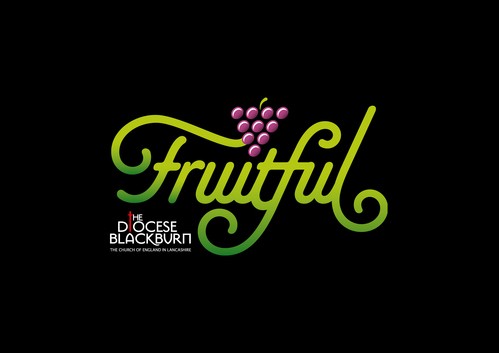The Manifestation of his Coming
Press the play button to watch the video above or press 'more' to read the transcript of the daily devotion below. Please read 2 Thessalonians 2:6-12 (use your own Bible or use the link above to access the in-App Bible).
‘And then the lawless one will be revealed, whom the Lord Jesus will destroy with the breath of his mouth, annihilating him by the manifestation of his coming.’
2 Thessalonians 2:8
Christian revelation makes a consistent and dramatic use of images we can relate to, and as we come to the Father in Advent, asking for help to make us ready for the coming of His Son, we can begin by rejoicing that the gift of the Church has made it possible to glimpse ‘the manifestation of his coming’ (v.8).
Advent calls us to respond generously and courageously to this. At first, we may fear the language of ‘annihilation’ with its sense of brutality and conflict, and yet the season warns us against domesticating the drama of salvation with words chosen simply because they’re less likely to disturb us.
As a penitential season, Advent raises the place of confession as Christ's work of removing sin. This is part of what we mean by annihilation; removing whatever it may be that keeps the coming Christ at a distance. Paul's language of ‘with the breath of his mouth' (v.8) provides continuity with the Lord's encounter after His Resurrection where He breathed on the apostles, making the link with the new creation brought about by the annihilation of sin.
The dramatic images of Thessalonians reveal the urgency with which we need the power of Christ’s mercy to conquer evil. His mercy is so overwhelming that it cannot go into retreat, whatever the strength of any enemy or obstacle. God’s mercy sets out to accomplish a purpose, waiting to be revealed, but is still possible to glimpse in the liturgy of the Church.
There is a very different creation in Christ already waiting which will ‘annihilate’ the former by its beauty, perfection and magnificence. So, how do we encounter this? How are we made ready? In the Eucharist we already experience the coming of Christ towards us because there is always an Advent dimension to its celebration. Eucharistic life is an intimate relationship of growth in the life of Jesus and the kingdom He manifests. By this relationship we come to experience something of the Advent hope in the liturgical images of the heavenly banquet—Christ’s coming again—and the New Creation.
As Christians, we are already partakers in ‘the manifestation of his coming’ (v.8) and so we pray that the Coming Christ will make us ready for the fullness of His appearing.
The Revd Guy Jamieson, St Paul’s & St Mary’s, Nelson.
